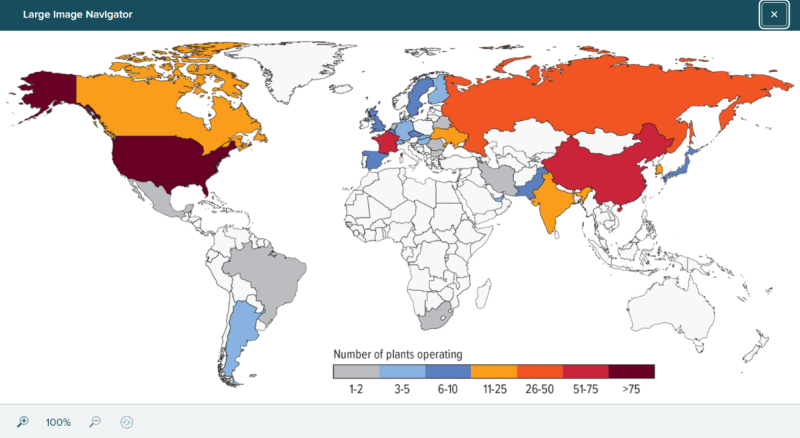What roles do aged care workers have in palliative care?
A palliative care team should involve a multidisciplinary mix of professionals with diverse skills, including aged care support staff, health professionals (e.g., nurses, general practitioners, specialists, allied health professionals) and, where appropriate, informal caregivers (e.g., family members, friends, volunteers).
Nurses were seen as end-of-life care leaders in residential aged care facilities, where they formed close bonds with residents and their families. [1] In a home care or community setting, care workers have an important role in providing personal care. [2] They also take on a supportive role in an emotional and social capacity through forming friendships with family members. [2]
Recognising and understanding the roles of care team members ensures the appropriate use of their skills and promotes coordinated care delivery for older people. [3] It closes gaps in care and can also provide opportunities to better integrate palliative care within broader health services. [3]
Want to learn more?
Find out more about the roles of different care team members by visiting CareSearch Health Professionals.
CareSearch also has information about Interdisciplinary Teams - Allied Health - Health Professionals and Allied Health and Palliative Care - Allied Health - Health Professionals.
The ELDAC Allied Health Toolkit has a checklist available that can help you identify where input from specific allied health services may assist in optimising care.
What can we do?
Understanding and defining care roles
Care teams:
- Develop a strong understanding of your role and the role of each member of a multidisciplinary palliative care team. This will allow you to approach or seek guidance from the most appropriate care team member(s) based on the current and ongoing needs of the older person and their family. This will help to better coordinate care.
Organisations:
- Define the scope of roles and responsibilities for each member of the care team to mitigate potential confusion in roles.
- Provide structure/guidance on effective interprofessional engagement.
The evidence:
- Role ambiguity can blur the lines between professional and informal care that is provided by care workers. [2]
- Unclear boundaries can lead to stress associated with balancing paid versus unpaid carer roles and responsibilities and expectations around competencies. [2]
Communication
Aged care workers:
- Facilitate effective communication at the end of life between aged care workers, older people, and their families.
Organisations:
- Support effective communication with residents as the overarching support for understanding what to expect, timely palliative care including symptom management, and identifying residents’ end-of-life care needs.
The evidence:
- Health professionals play a critical role in anticipating older people’s trajectories and determining when palliative care is needed. [4]
- The relationship or frequency of contact that aged care workers have with older people may also allow care workers to identify and recognise deterioration. [2]
- Family members had expectations of care workers that were beyond their scope of work (i.e., care workers being expected to perform duties or address issues that would be more in line with nurse competencies). [2]
Interprofessional collaboration and upskilling
Care teams:
- Work collaboratively with other aged care workers to provide a person-centred approach to care.
Organisations:
- Implement relevant palliative care guidelines and a collaborative, multidisciplinary care model, such as a team-based approach to palliative care and end-of-life care delivery.
- Provide ongoing staff training and education, necessary resources to provide high-quality care (e.g., access to tools, assessments, and procedures), and organisational support to become more effective end-of-life care advocates.
The evidence:
- The multidisciplinary team should possess diverse skills to support older people and their families during the end of life. [3] This collaborative team addresses the older person's physical, psychological and social needs while also providing emotional and practical assistance to family members. [3] Varying levels of psychosocial and spiritual support may also be needed depending on the person’s experience e.g., symptom burden and/or distress. [5]
- Case conferencing can provide opportunities to improve care for older people with advanced dementia via improved team communication, interdisciplinary collaboration, and coordination and care planning. [6]

